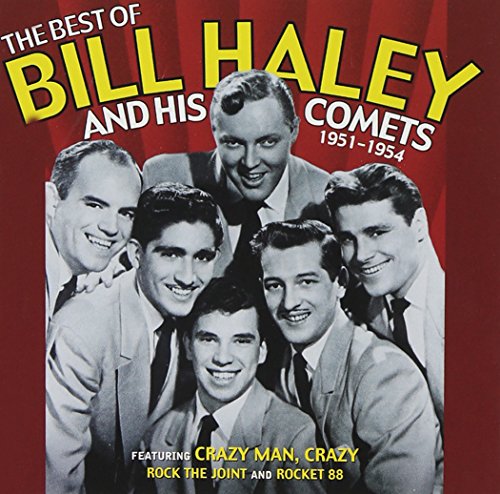The other day I was reading an article at the Chronicle of Higher Education. The article discussed a guide for Ph.D. students in economics who are seeking professor jobs. This guide, written by Dr. John Cawley (Cornell) is apparently well known in the economics profession. (The article itself is behind a paywall, but you should be able to view it if you are using an OSU computer).
The advice concerned how to select places to apply to. It seemed to me that the advice also applied to those of you who are looking for graduate school or job opportunities. Interestingly, the advice came in the form of a question to the author of this guide. The reporter asked:
You make it very clear that the goal of a person’s search shouldn’t be to get a job in the highest-ranked department, but at a place where their work is understood and appreciated, and that they find enjoyable and can grow and improve. Why give that advice when it seems to be the opposite of what I’m sure some economics Ph.D.s hear from their advisers?
Dr. Cawley’s reply was:
That’s something I feel strongly about. There is often a misconception about getting a job at a “top 5” department, or at a university that will impress your parents or other people, without regard for how good a match it is for you. The problem with doing that is that your growth as a scholar depends on the quality of match, especially for that first job.
To me, this sounds spot on, and applies to people going to grad school. Why put your sights on Caltech, if you would be happier and maybe therefore more productive at New Mexico State or Vanderbilt or Dartmouth? Why apply to Harvard if 600 other people do, and you aren’t able to articulate why Harvard is just the place for you?
I bring this up because almost all students start their search for grad school by running down the list of “top N” places. Instead, I would recommend having a long conversation with your adviser, or with profs that you know well, to discern what motivates you. You also should find out what places have resources that you need, or where they do the research that interests you most.
So for those of you who will apply go grad school this autumn, please start thinking now about where you want to be, and start researching to find out which places can best help you get there.
